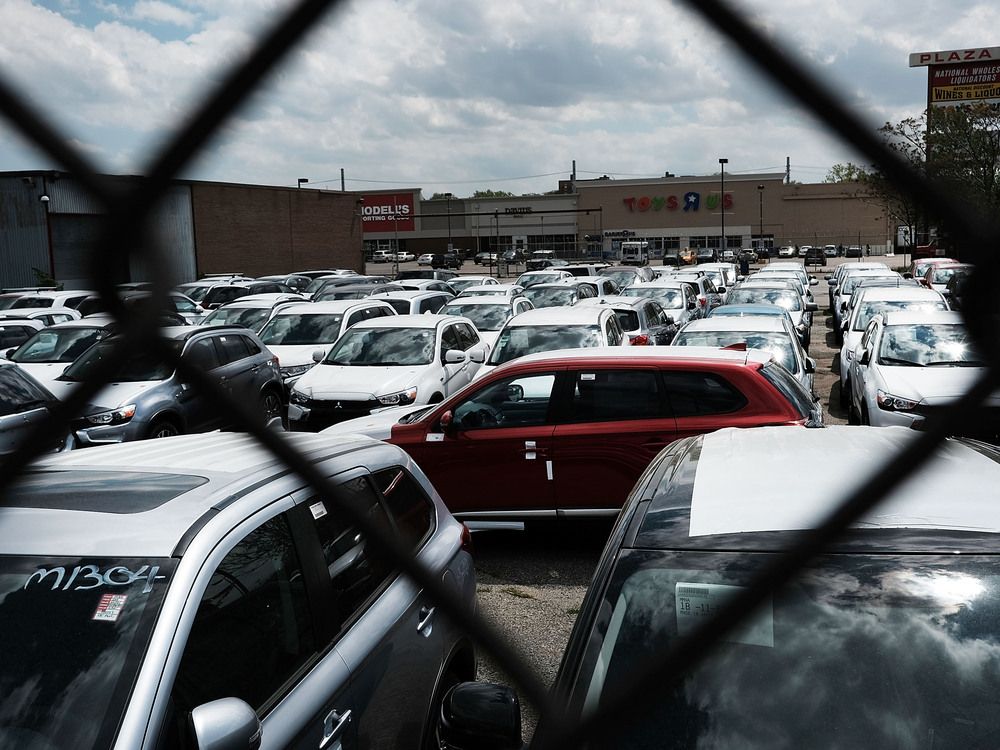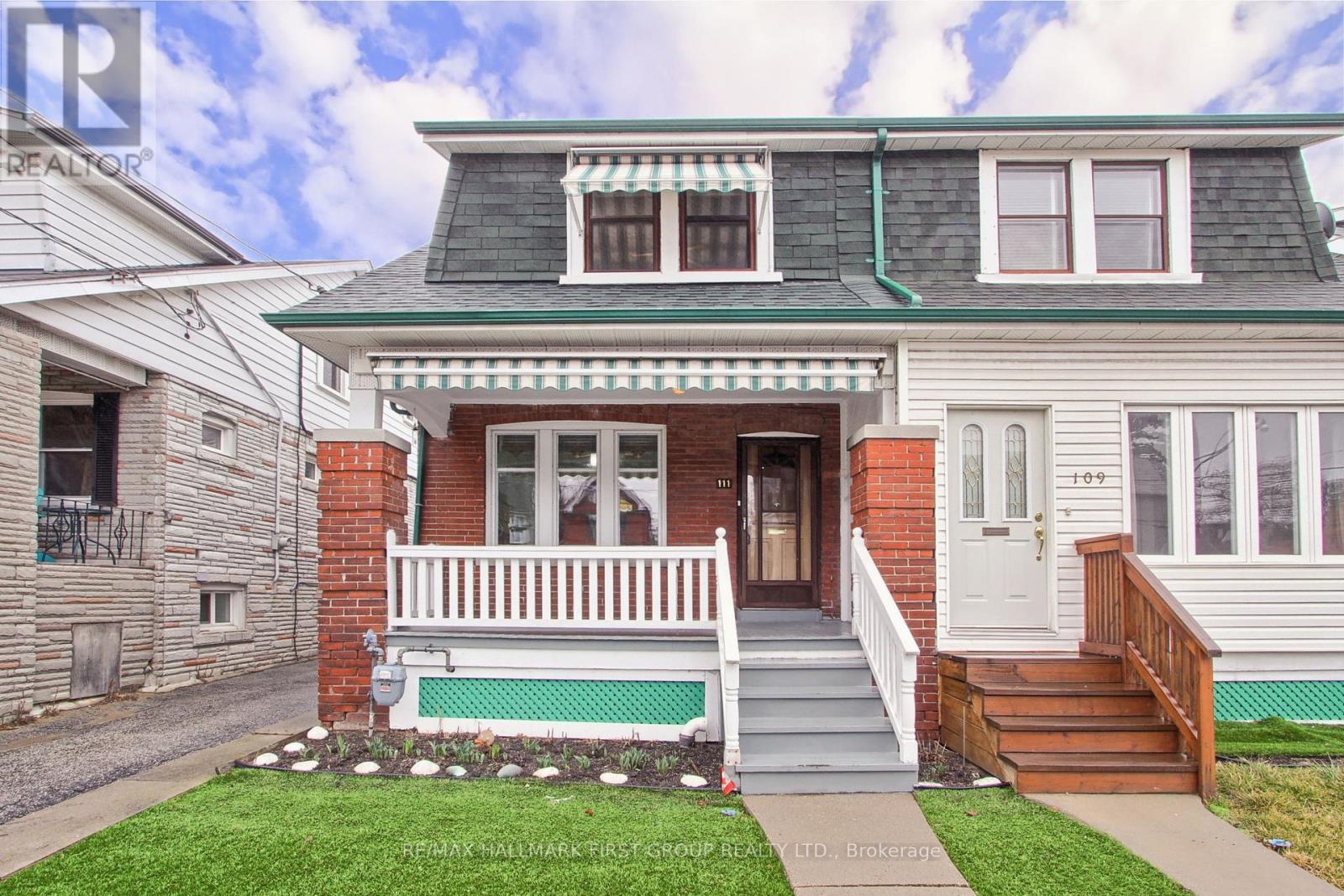- Reaction score
- 17,044
- Points
- 1,160
Significant downturns in car sales in the US, particularly high end trucks and EV's. The trucks, because they priced themselves out of the market. EV's because the incentives are going away and justifiable concerns about resale values. If the value of a 12 year old EV plummets, than that will affect the resale price from the first to second owner, as the second owner is going to get a much lower price when they sell to the third buyer.What's your source on that? Reports I see are of a strong start to the year, and reported data supports. Is it particular classes that are down despite aggregate increases?
As of the end of Jan 24 I see year over year month, 3-month, and 12 month all up 13+%.





